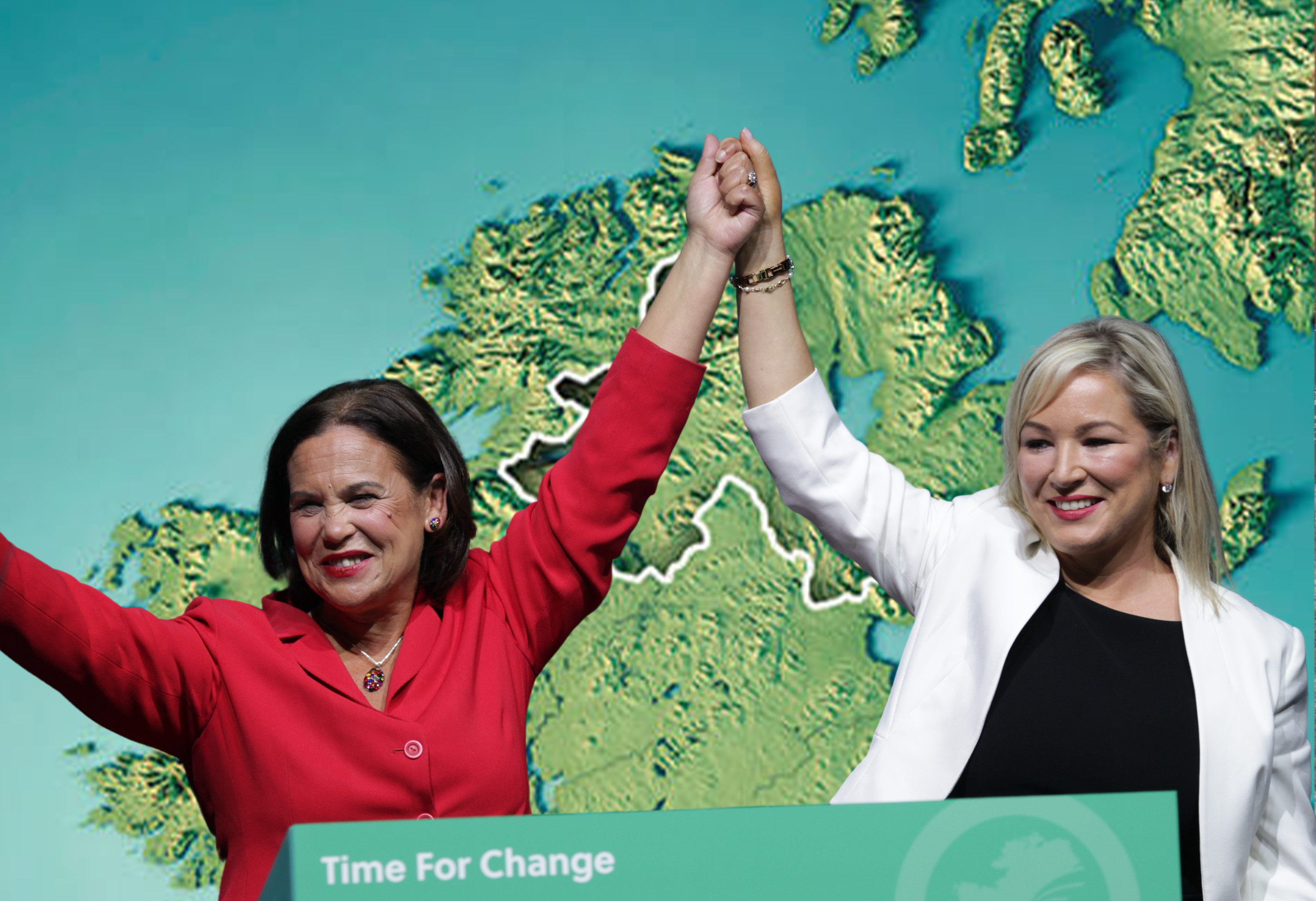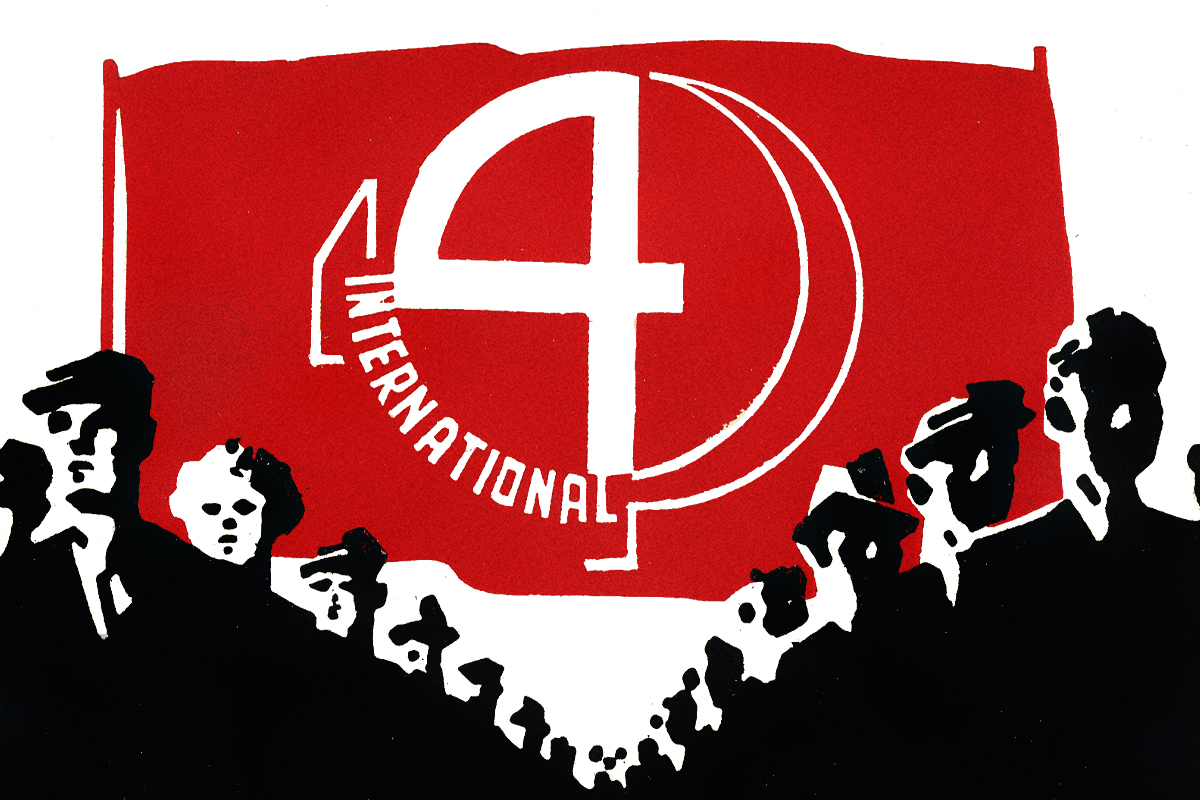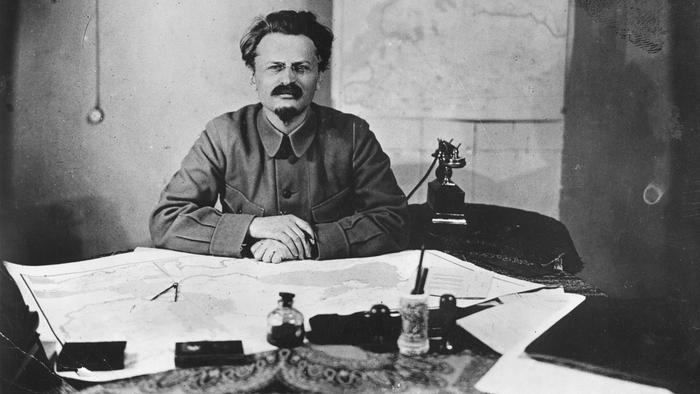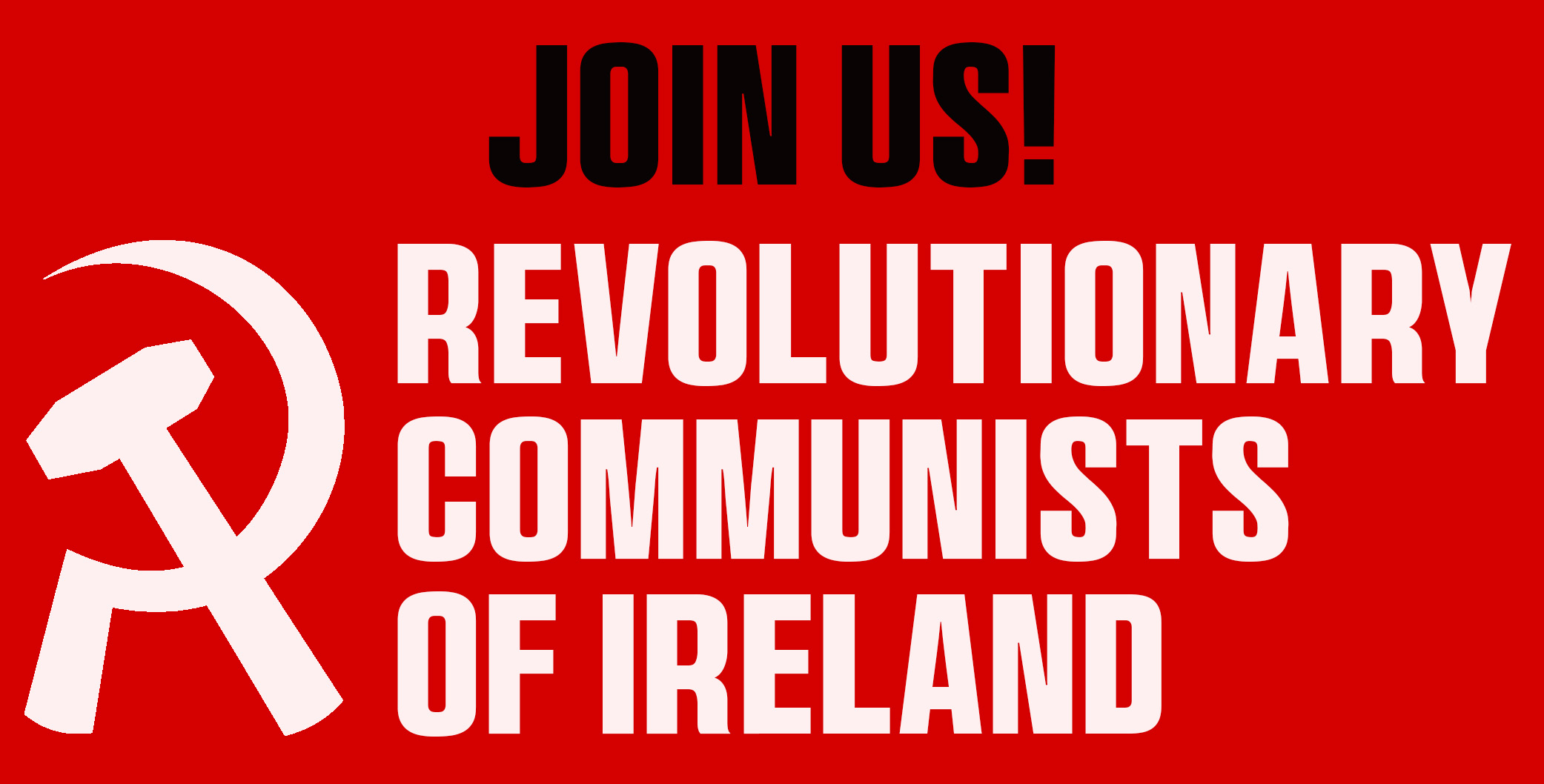A recent, much-publicised study by a Dublin-based think tank, the IIEA, has concluded that the cost of the South of Ireland absorbing the North after a future unity referendum would be enormous. If their figures are to be believed, it would cost €20 billion per year for 20 years, which would translate into a 25 percent cut in public expenditure in the South and massive austerity.
The media and politicians in the South have shouted these figures from the rooftops, clearly hoping to douse hopes for the end of partition with a large bucket of cold water.
Some have likened their campaign to the British establishment’s ‘Project Fear’ in 2014, when the Scottish people were blackmailed with the threat of economic armageddon should they dare to opt for independence. The comparison is apt. Except ‘Project Fear’ in this case isn’t so much coming from the British imperialists as from the Irish ruling class itself.
These ladies and gentlemen, who allowed the banks to help themselves to tens of billions from the public purse, draw the line at paying to heal the deep wounds inflicted by imperialism on the country. This is nothing short of an admission of bankruptcy.
As communists, we answer: you and your system cannot solve a single one of the burning questions facing the Irish working class. You cannot solve the housing crisis, you cannot solve the cost of living crisis, nor can you solve the festering democratic task that remains undone in Ireland: that of uniting the country and ending imperialist rule in the six counties.
Very well. Then you and your system must go. You bankrupt lackeys of imperialism belong in the dustbin of history. Only socialist revolution will solve the problems that moribund capitalism cannot. That goes, above all, for the ending of partition.
And yet, Sinn Féin and other prominent advocates of Irish unity have accepted the terms of the debate that the Irish ruling class has laid down. Unity on a capitalist basis, they insist, is possible and is affordable… if only Irish capitalism has a competent management team at the helm of government.
The debate on these terms is false to the core.
The imperialists are not interested
In arguing that a capitalist united Ireland is affordable, Sinn Féin have pointed to the many assumptions in the inflated €20 billion figure. The final figure, they explain, would be subject to negotiations, and could be as little as €6 billion or even €2 billion per year.
But why have the ruling class trumpeted this inflated €20 billion figure in the first place? Because their considerations are not wholly economic, they are in large part political.
That the imperialists could find the money from somewhere to cover the bill of unification is true. But when Sinn Féin cites as precedent the fact that German reunification was paid for to the tune of $2 trillion by European capital, they forget one small detail: the cynical strategists of imperialism had an interest in German reunification. Germany is the main imperialist power at the heart of Europe, and its reunification was a necessary political precondition for German imperialism to project its imperialist interests around the world through the vehicle of the EU.
The unresolved national question in Ireland is a nuisance they would sooner pack with ice and ignore than solve. From Dublin to London to Washington to Brussels, the ruling classes have no desire to see unification.
In Dublin, the ruling class has no desire to take possession of a politically troublesome region or in opening up a debate on the constitutional basis of their own rotten state. And both Dublin and London have reason to fear that the sectarian monster that imperialism created could spill over into instability and violence. Much better, they reason, to let sleeping dogs lie – especially when they are making a tidy profit under the status quo!
Meanwhile, the right of self-determination is being denied to other peoples from Scotland to Catalonia. The ruling class has no wish to encourage democratic aspirations among these peoples with the spectacle of referendums in Ireland.
There is no reason to expect any largesse from this quarter. The imperialists are the enemies of Ireland, not its saviour.
An economic upshot?
That the link with Britain is a source of crisis and decay in the North of Ireland is undeniable. Today, productivity in the North of Ireland lags by 40 percent behind the South, from relative parity 30 years ago.
But it would be false to imagine thereby that the southern ruling class can do anything to reverse this decline. This class, which accepts the crumbs cast down from the table of its imperialist masters, are parasites.
It was not on account of investment by this class that Irish productivity rose so precipitously in the South in the past. Rather, in the boom period of the 1990s and 2000s, American capital – the most productive capital in the world – found a profitable field of investment in Ireland. This was the key to the Celtic Tiger.
But there is no boom today. The world market is glutted. Without profitable markets, there is no basis for new investments to create new productive capacity. The tech sector, on which the South depends, is in crisis, and the giant multinationals that power the economy are sacking Irish workers left, right and centre. 40 percent of redundancies in the tech sector in Europe over the past three years have taken place in Ireland.
What economic benefits would flow from Irish unification under capitalism, this rapacious capitalist gang would accrue to itself and its imperialist masters. They would do nothing to lift up the conditions of workers in the North or South, but would certainly pass the bill on to them.
So, again, when Sinn Féin accepts the terms of the argument – is unity affordable under capitalism? – they find themselves on weak ground. The continued existence of capitalism inevitably means ever-greater austerity, suffering and degradation.
The problem is not that Irish unity itself is untenable, but that capitalism has ceased to play any progressive role. The programme for a 32-county socialist republic as the spark for a European and worldwide socialist revolution would entail the nationalisation of the means of production across the island under a common democratic plan in order to harmoniously raise up standards of living, productivity of labour and infrastructure. Only such a programme could unite workers, Catholic, Protestant and other, North and South, and achieve Irish unification.
Only by fighting on a socialist programme can we have a hope of achieving working-class unity. This alone can give something of substance to workers who otherwise read these figures coming from the ruling class and cast a sceptical or hostile eye on talk of Irish unification under capitalism.
Fighting imperialism or pandering to imperialism?
The whole programme of Sinn Féin is based on the notion of appealing to the ‘good sense’ of pro-capitalist arguments on Irish unity. They hope to appeal not only to middle-class nationalist opinion in the North, but to the bourgeoisie in the South and to the imperialists themselves.
As new elections near, and Sinn Féin eyes the chance of coming to power in the South, they are eager to turn on the charm, and convince London, Washington, Brussels, and the big banks that they can be trusted business partners in Stormont and Leinster House.
And so we saw Mary Lou McDonald over in Silicon Valley addressing US capitalists last year, and just last month, Pearse Doherty was over in London precisely to reassure the 50 major British investors that they have the capitalists’ best interests at heart.
“We’re used to different political parties trying to use the fear factor. Sinn Féin are pro-business,” Doherty reassured these ‘titans of industry’.
The partition of Ireland was a crime of imperialism, abetted by the Irish capitalist class. Its undoing will be the job of the working class. Today, the same class of bourgeois criminals that partitioned Ireland are prepared to lend an ear to Sinn Féin and sip cups of tea with its leaders, because they know they may well be sitting across from one another in a few months’ time. They are not interested in solving a single problem for Irish workers. They want to know that they have this party thoroughly tamed, and that this party would hold back the aspirations of the working class.
We cannot fight the crimes of imperialism by pandering to imperialism. When the capitalist class admit their bankruptcy, that they cannot solve the national question, we believe them, and we do not rush to their defence but condemn their system all the more forcefully. The working class alone will do away with partition in the mighty sweep of its socialist revolution.




